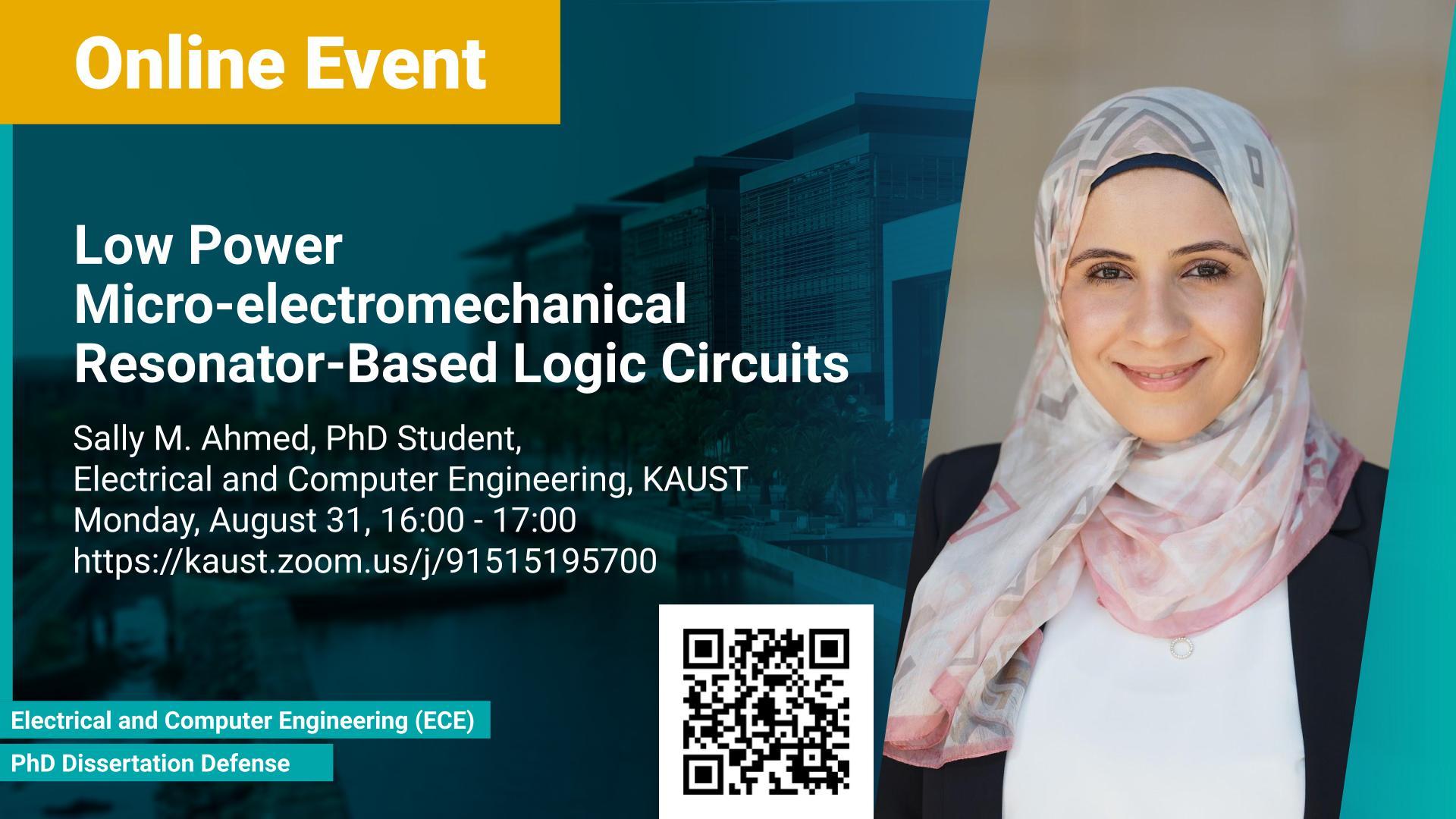Abstract
The notion of mechanical computation has been revived in the past few years, with the advances of nanofabrication techniques. Although electromechanical devices are inherently slow, they offer zero or very low off-state current, which reduces the overall power consumption compared to the fast complementary-metal-oxide-semiconductor (CMOS) counterparts. This energy efficiency feature is the most crucial requirements for most of the stand-alone battery-operated gadgets, biomedical devices and the internet of things (IoT) applications, which do not require the fast processing speeds offered by the mainstream CMOS technology. In particular, using Micro-Electro-Mechanical (MEM) resonators in mechanical computing has drawn the attention of the research community and the industry in the last decade as this technology offers low power consumption, reduced circuit complexity compared to conventional CMOS designs, run-time re-programmability and high reliability due to the contactless mode of operation compared to other MEM switches such as micro-relays.
Brief Biography
Graduated from the American University in Cairo (AUC) in 2011, electronics engineering department. Received Master’s degree from KAUST in 2013. She is a Ph.D. student supervised by Prof. Hossein Fariborzi in the electrical engineering department. Her research interests include design and simulation of MEMS devices for new electromechanical computing techniques, MEMS fabrication.

